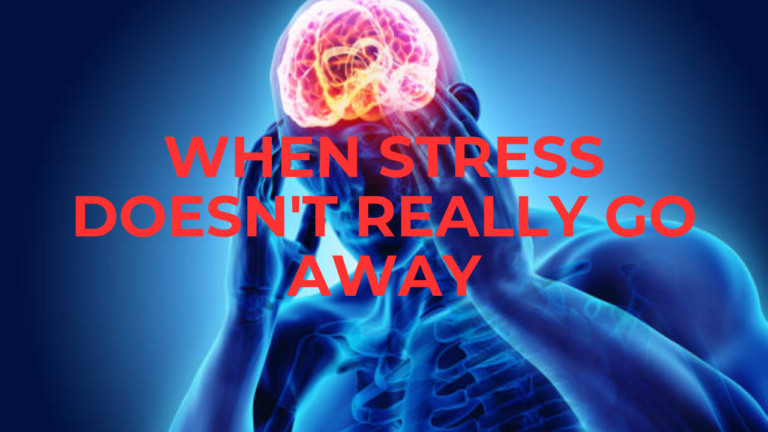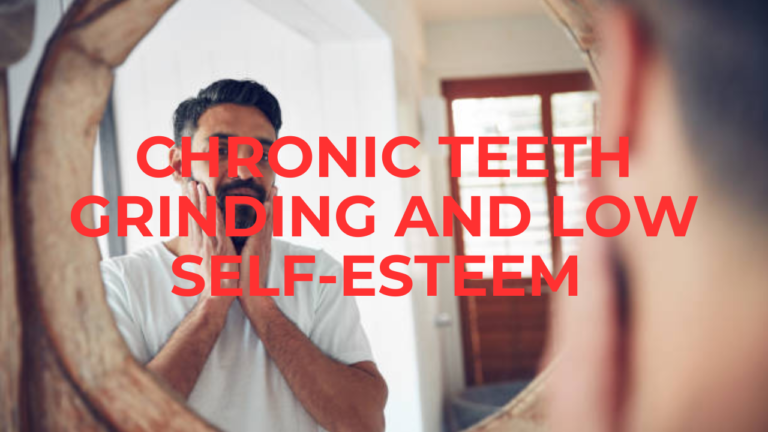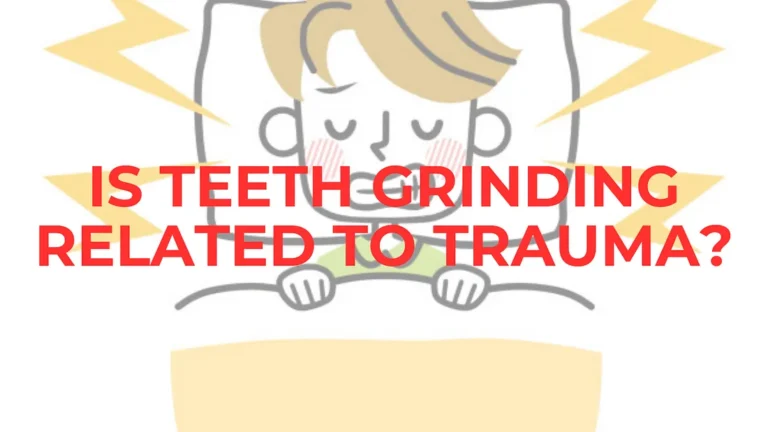Book Appointment Now
Understanding Bruxism: The Harmful Habit of Teeth Grinding and Clenching

Bruxism is a condition where people unconsciously grind, clench, or gnash their teeth, putting too much force on their jaw and mouth. This habit can happen when they are awake or asleep and affects both adults and children. Actually, for some, bruxism is a temporary response to stress and doesn’t need treatment or care. But for others, it becomes a constant, damaging habit which has detrimental effects on their oral health and overall wellbeing.
Symptoms of Bruxism
Symptoms of bruxism can include headaches or facial pain, particularly in the morning, along with earaches, sore jaw muscles, obvious dental abnormalities, such as broken or missing teeth, tinnitus (ringing in the ears), pain while eating, and difficulty in opening and closing the mouth.
What Causes Bruxism
There is no one clear cause of bruxism for each individual, but there are risk factors that lead to the condition. As a therapist (not a dentist), I would like to talk more about the relationship between the subconscious mind and underlying issues that may lead you to frequently grind your teeth and explain why dealing with the root cause of the problem is the way to take back control of this habit.
The Subconscious Mind and Bruxism
The subconscious mind plays a crucial role in regulating our body’s involuntary functions, like digestion, sleep, and even the clenching and grinding of teeth. So when we have some traumatic experiences or negative experiences in the past, they leave imprints in our psyche or deep in the mind. When left unresolved, these traumas can later manifest as destructive habits and behaviors that end up harming you.
For you, that hidden pain turned into bruxism — forcefully grinding your teeth at night or daytime, causing damage to your teeth over and over again. Think of it like this: your subconscious mind is like an overprotective friend who thinks they are helping by keeping you safe from emotional pain. Instead, they make you wear heavy armor all the time.

This armor (your teeth grinding) is meant to protect you, but it actually ends up hurting you more or weighing you down every time it senses some little danger. It’s like your subconscious mind is choosing a familiar habit, like teeth grinding, because it’s something you’ve gotten used to. It sees this habit as a way to alleviate feelings of stress and anxiety, even though it’s actually causing harm in the long run. That deeper part of your mind has convinced itself that grinding your teeth acts as a release for emotional distress. It mistakes this agonizing habit as a way to find relief from overwhelming stress… by essentially chewing up your teeth.
Why Do You Grind Your Teeth till You Hurt Yourself?
You might wonder, why do you grind your teeth when you’re stressed or facing a challenging task, whether it’s at work or at home? It’s simply because current stressors trigger the same desperate subconscious need to “protect” itself through teeth grinding. Each new bout of anxiety revives that automatic subconscious response — to clench or grind your teeth as a way to numb emotional distress.
It’s a twisted logic, but that’s the subconscious mind’s way of ‘protecting’ you from deep emotional pain, even though it’s logically hurting you. It’s similar to a chain smoker who knows the health effects of cigarettes but can’t stop because it’s serving them in a way — it’s become an unhealthy coping mechanism to deal with stress.
This simply shows the great power of the subconscious mind, which often overrides logic and conscious awareness, even when you recognize the harm being caused — case in point: costly dental procedures and jaw pain. To put it simply, the subconscious mind operates on deeply ingrained patterns and emotions, which can override logical reasoning and conscious decision-making, leading to behaviors that may seem counterproductive or harmful in hindsight.
While dental procedures, such as night guards or bite splints, can provide temporary relief from the physical symptoms of bruxism, they do not address the underlying psychological causes. To truly overcome bruxism, it is essential to identify and address the root cause, which often lies in unresolved trauma or subconscious emotional issues. That’s where I come in to help my clients by dealing with the root causes that keep them stuck in familiar and unhealthy patterns, which are causing them mental and physical harm in their lives.
The Role of Dental Professionals
While addressing the psychological aspects of bruxism is crucial, dental professionals also play a vital role in managing the condition. Dentists can provide custom-fitted night guards or splints to protect the teeth from excessive wear and prevent further damage caused by grinding or clenching. Additionally, dentists can assess the severity of bruxism and recommend appropriate dental treatments, such as teeth adjustments or restorations, to address any existing damage to the teeth or jaw.
Conclusion
So, dealing with chronic teeth grinding is not merely a physical condition but often has deep-rooted psychological causes. By recognizing the connection between your unhealed issues stored in the subconscious mind, you can take a more holistic approach to protect yourself from further destroying your oral health and wellbeing by addressing the underlying issues which are controlling things behind the scenes.
Dental interventions will help prevent further physical damage caused by your chronic teeth grinding, and working with a therapist who understands how to investigate the root cause of the habit or what turned a normal habit (which is normal for some people) into something excessive or chronic is essential. There’s no one-size-fits-all solution, but you can never really know until you’ve tried it. If you’ve exhausted logic, then the problem is beyond your logical reasoning and lies within your unconscious mind. Once you deal with the underlying emotions your mind is protecting you from seeing, you’ll realize that you can process your emotions as they arise, and you don’t really need that coping mechanism.
Note from the Author
If you’re ready and you’d like my help with overcoming chronic teeth grinding and clenching habits for Improved Oral Health and Reduced Stress, then you can book a FREE BREAKTHROUGH CALL with me HERE. Happy healing 💙💙. Feel free to share and comment! Use this information with caution, it comes from my own thoughts & bias, experiences and research😊. Disclaimer: I am not a Dentist, but as a therapist specializing in offering support and guidance in addressing the psychological factors contributing to bruxism.
References
2. https://www.bruxismsupport.org/post/silent-saboteur-the-link-between-bruxism-and-sleep-disorders
4. https://www.bruxismsupport.org/post/teeth-grinding-is-emotional-stability-related-to-bruxism
5. https://www.youtube.com/watch?v=qmwGhEyGs1U
6. https://my.clevelandclinic.org/health/diseases/10955-teeth-grinding-bruxism
7. https://www.mayoclinic.org/diseases-conditions/bruxism/symptoms-causes/syc-20356095







